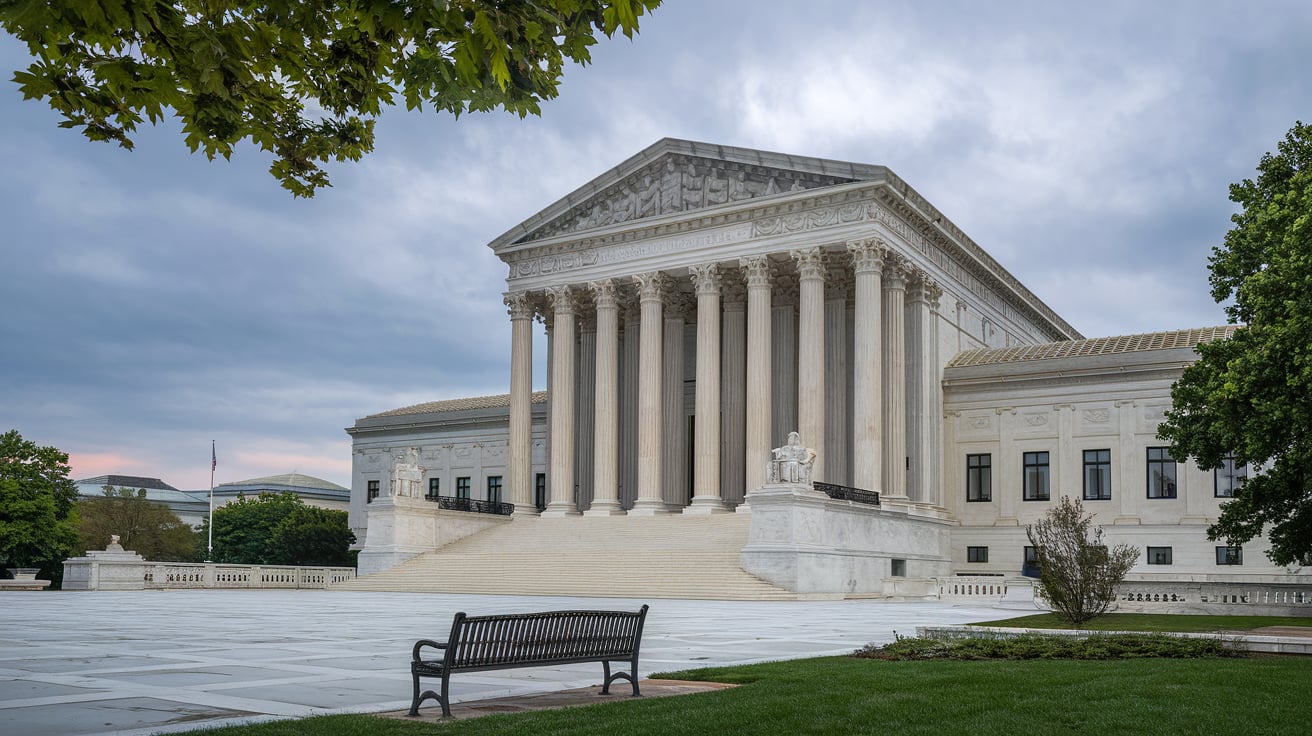Understanding Order 9, Rule 9 of the CPC in Pakistan: A Comprehensive Guide with Case Law
In the realm of Pakistani civil litigation, the Code of Civil Procedure (CPC) plays a pivotal role in governing the legal process. Order 9, Rule 9 of the CPC holds particular significance as it deals with the revival of suits that have been dismissed for default. This rule not only ensures access to justice but also provides a legal remedy to litigants who may have missed their day in court due to various reasons. In this blog post, we will delve into the intricacies of Order 9, Rule 9 of the CPC in Pakistan, and support our discussion with relevant case law.
Order 9, Rule 9 of the CPC:
Order 9, Rule 9 of the CPC stipulates the conditions and procedures for the revival of a suit that has been dismissed for default. It reads as follows:
“Where a suit is dismissed under rule 8 or under the provisions of Order XVII, rule 3, the plaintiff may apply for an order to set the dismissal aside, and if he satisfies the Court that there was sufficient cause for his non-appearance when the suit was called on for hearing, the Court shall make an order setting aside the dismissal upon such terms as to costs or otherwise as it thinks fit, and shall appoint a day for proceeding with the suit.”
Key Provisions and Interpretation:
1. **Sufficient Cause**: A critical aspect of Order 9, Rule 9 is the requirement of “sufficient cause” for non-appearance. This phrase is not explicitly defined in the CPC, leaving it to the discretion of the court to determine whether the reason presented by the plaintiff justifies non-appearance.
2. **Discretionary Power of the Court**: The rule vests discretionary power in the court to set aside the dismissal. The court may impose conditions, such as costs, upon the plaintiff as it deems appropriate.
Case Law Illustration:
To better understand the practical application of Order 9, Rule 9, let’s examine a landmark case that elucidates the concept of “sufficient cause.”
**Case: Muhammad Shafi vs. Syed Hassan Abbas Shah (2006) 89 Tax 270 (Lahore)**
In this case, the plaintiff’s suit was dismissed for default. The plaintiff contended that his non-appearance was due to a sudden medical emergency, which prevented him from attending the court proceedings. The court, in line with Order 9, Rule 9, accepted the medical emergency as a “sufficient cause” for non-appearance and set aside the dismissal. However, the court also imposed reasonable costs on the plaintiff for the inconvenience caused to the defendant.
Order 9, Rule 9 of the CPC in Pakistan serves as a vital tool to ensure justice prevails even in cases where a suit has been dismissed for default. Understanding the concept of “sufficient cause” and the discretionary power of the court is crucial for litigants seeking to revive their dismissed suits. As demonstrated by the case law discussed, the court tends to be considerate when genuine reasons for non-appearance are presented.
It is essential for legal practitioners and litigants alike to have a firm grasp of Order 9, Rule 9 to navigate the complexities of the legal system effectively and secure their right to a fair trial.








